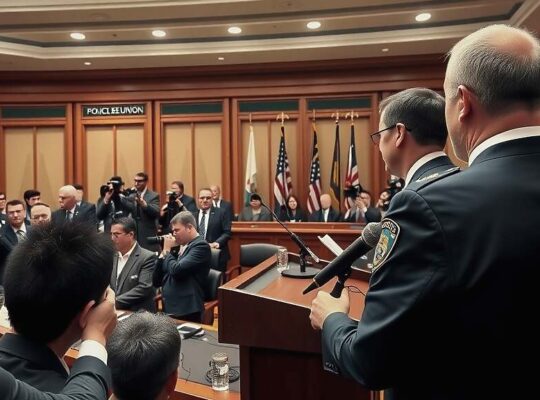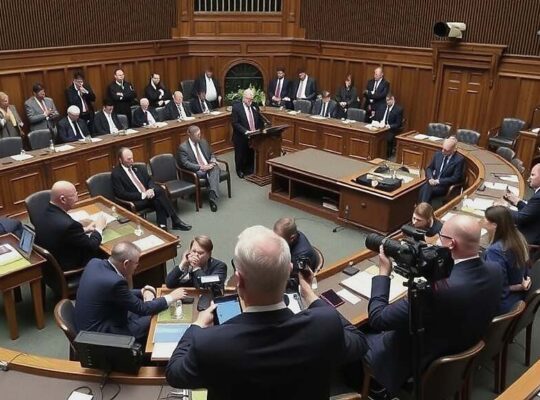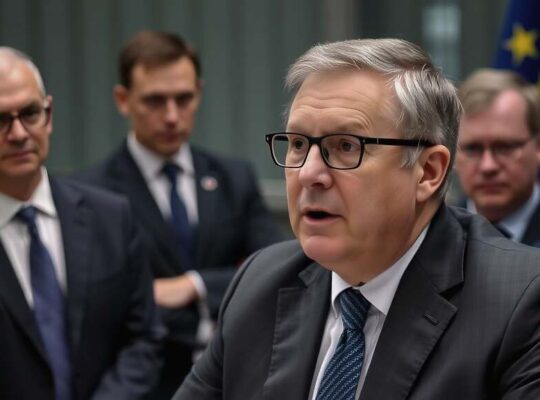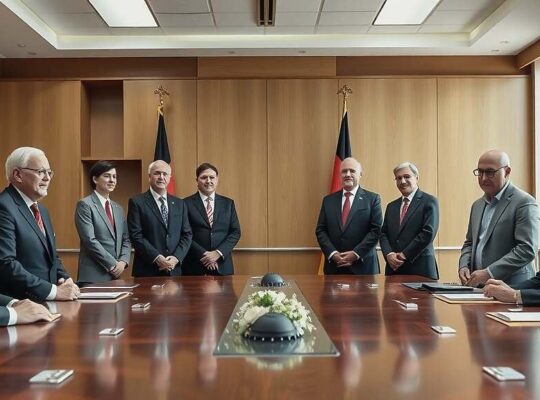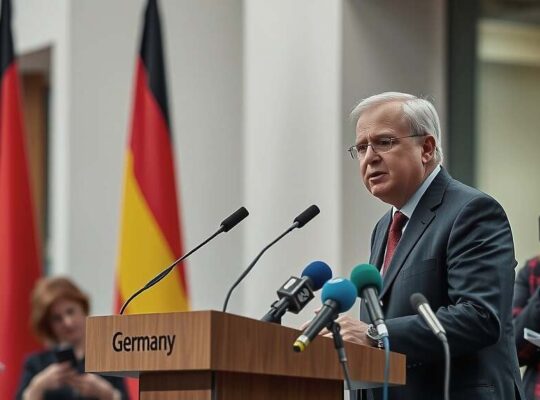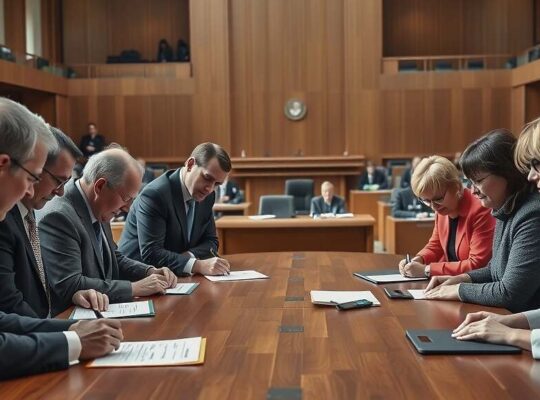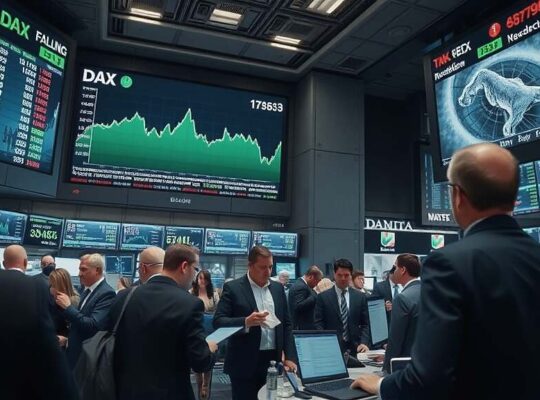Internal divisions within the Christian Democratic Union (CDU) over pension reform have intensified, signaling a protracted and potentially damaging political struggle. The dispute, which has been simmering for weeks, centers on the proposed pension law and highlights a fundamental disagreement over the party’s ideological direction and leadership’s maneuvering.
Johannes Winkel, chairman of the Junge Union (JU), the CDU’s youth wing, delivered a sharp rebuke to potential compromises being considered. In an interview with the “Rheinische Post” Winkel dismissed any non-binding resolutions to reverse future policy decisions, arguing they lacked credibility given the legally binding commitments already made. “It is not convincing to non-commit to do the opposite of what you have obligatorily decided in the same breath” he stated, highlighting the perceived hypocrisy within the party’s deliberations.
The conflict is increasingly being framed not as a mere disagreement over policy details but as a power struggle within the CDU, with Winkel explicitly rejecting the notion that the dispute is about positions. He echoed the sentiments of Markus Söder, a prominent rival to CDU leader Friedrich Merz, emphasizing the importance of defending the “substance” of the party’s core principles. This indirect endorsement of Söder’s stance adds further complexity to the internal dynamics.
A proposed solution – reportedly involving Winkel’s appointment to a prominent role in a new pension commission tasked with developing long-term reforms – has surfaced, though its reception remains uncertain. Winkel himself advocates for a phased approach, prioritizing the commission’s assessment of future needs and only then determining the necessary financial commitments. He criticized the current proposal, which envisions a preliminary commitment of approximately €120 billion before assessing the means to implement it, characterizing it as “neither conclusive nor necessary.
The increasingly acrimonious debate raises serious questions about the CDU’s ability to present a unified front on crucial economic policy and underscores deeper tensions regarding the party’s future course, potentially impacting its standing with voters ahead of future elections. The internal wrangling exposes a vulnerability for the CDU and how quickly leadership can resolve these divisions will be crucial in restoring confidence among party members and the electorate.



